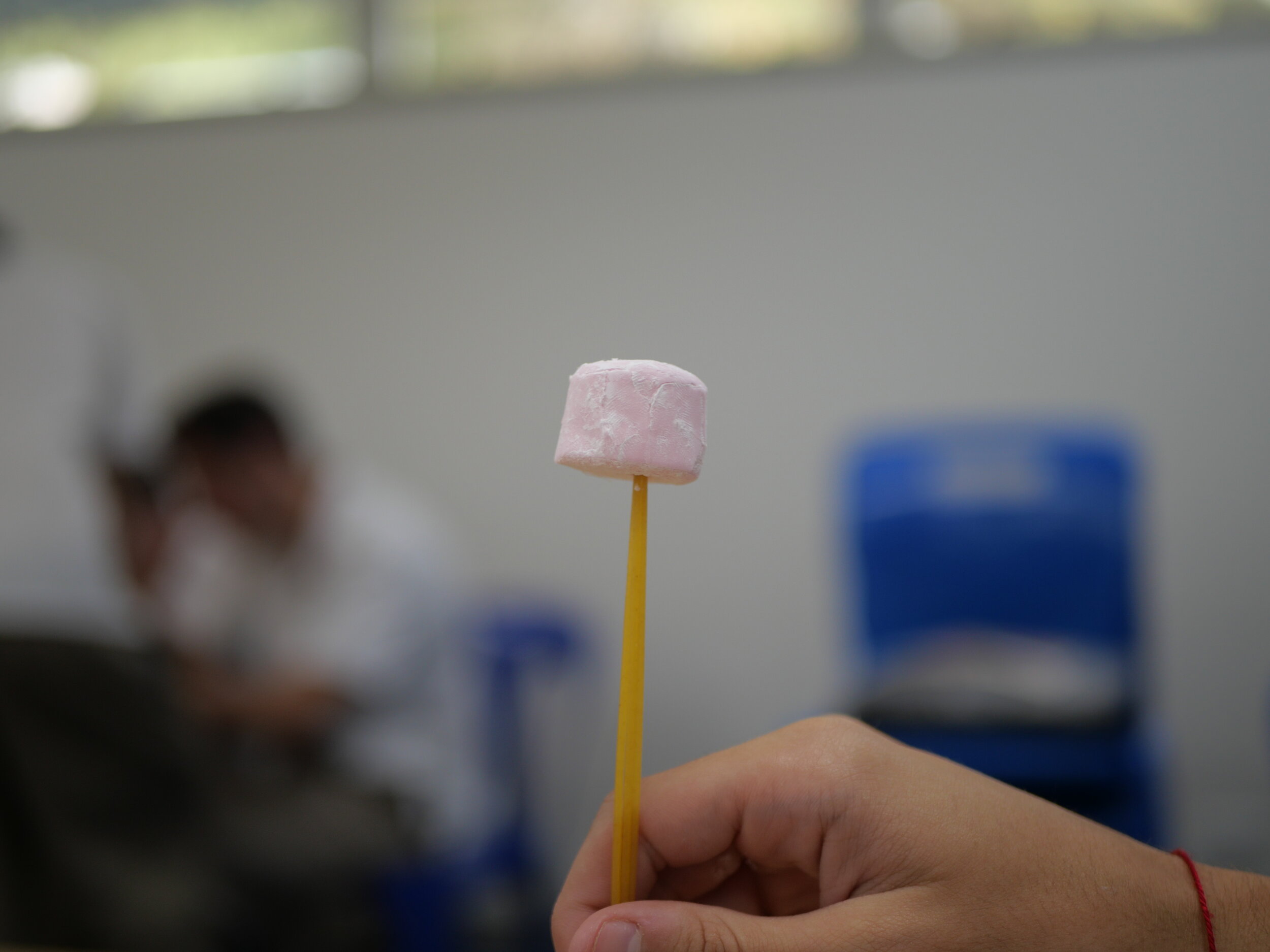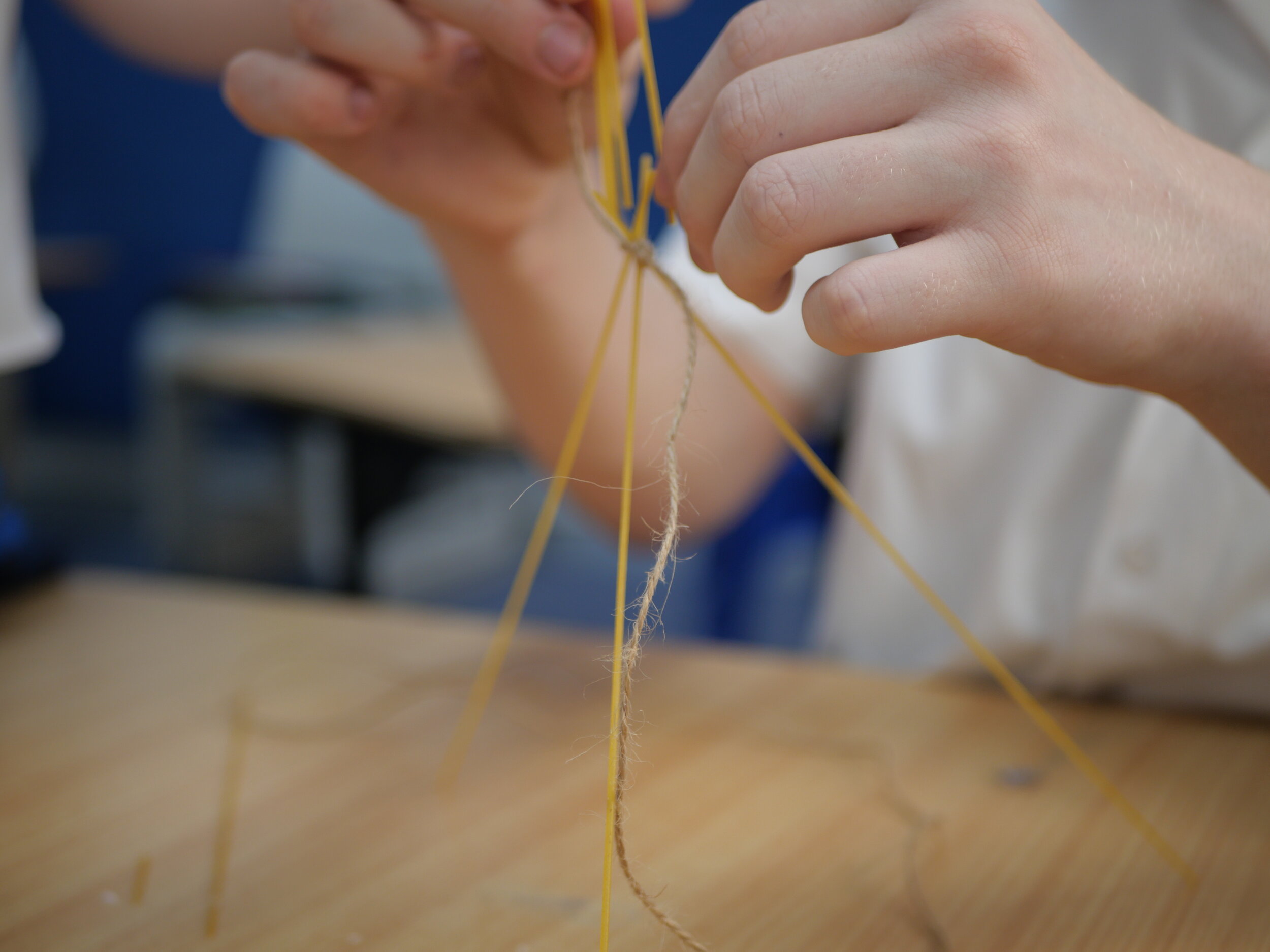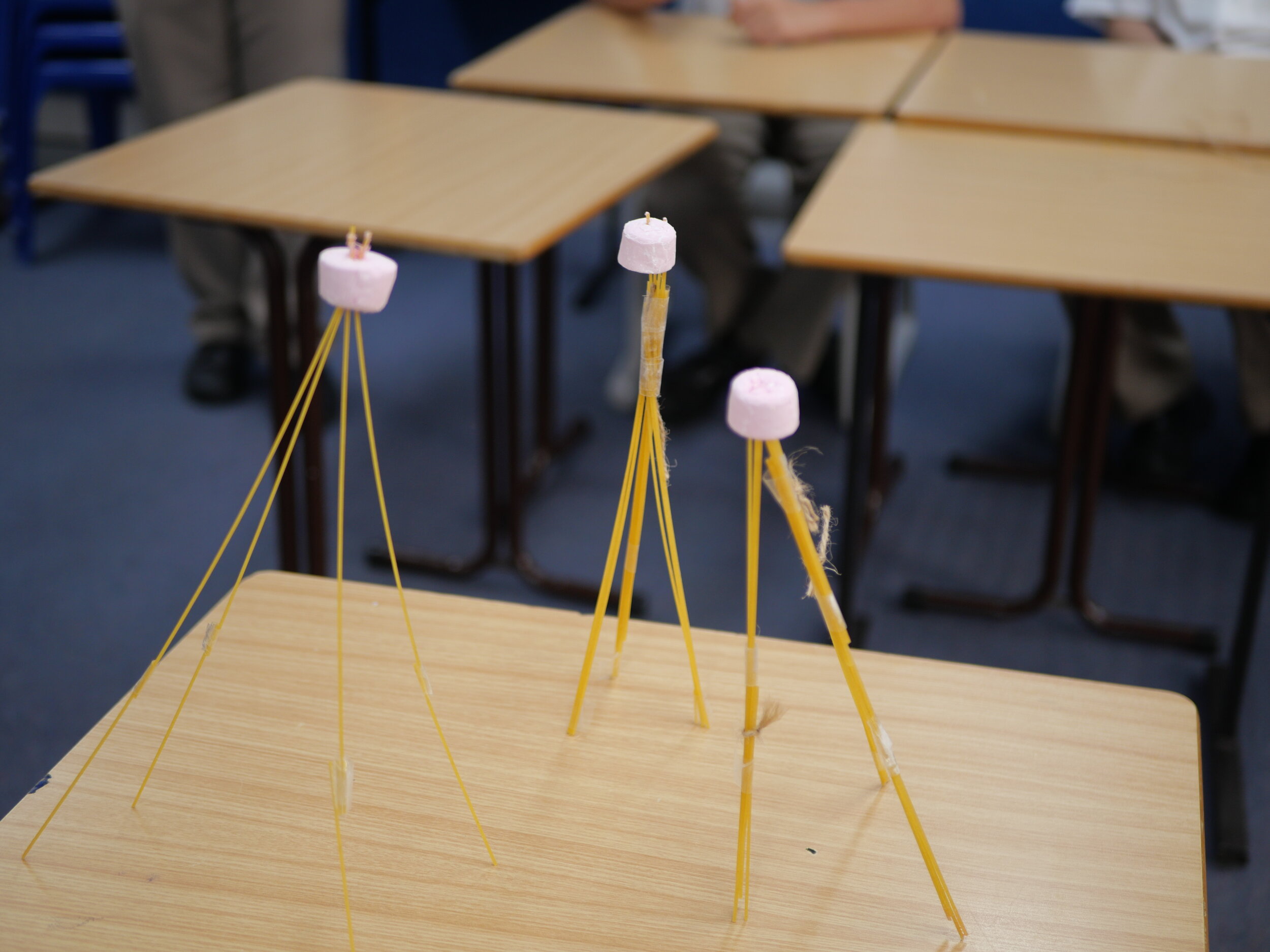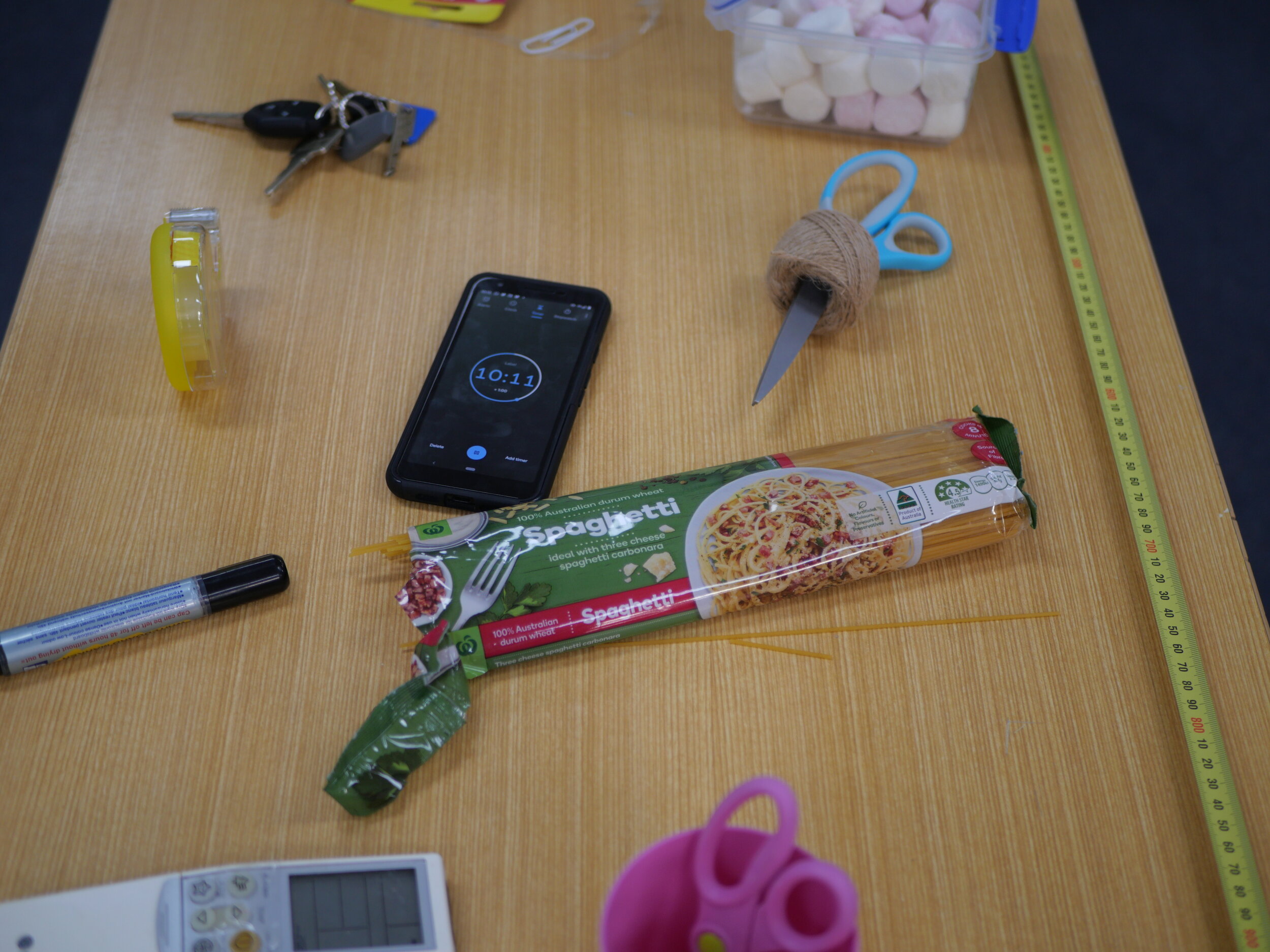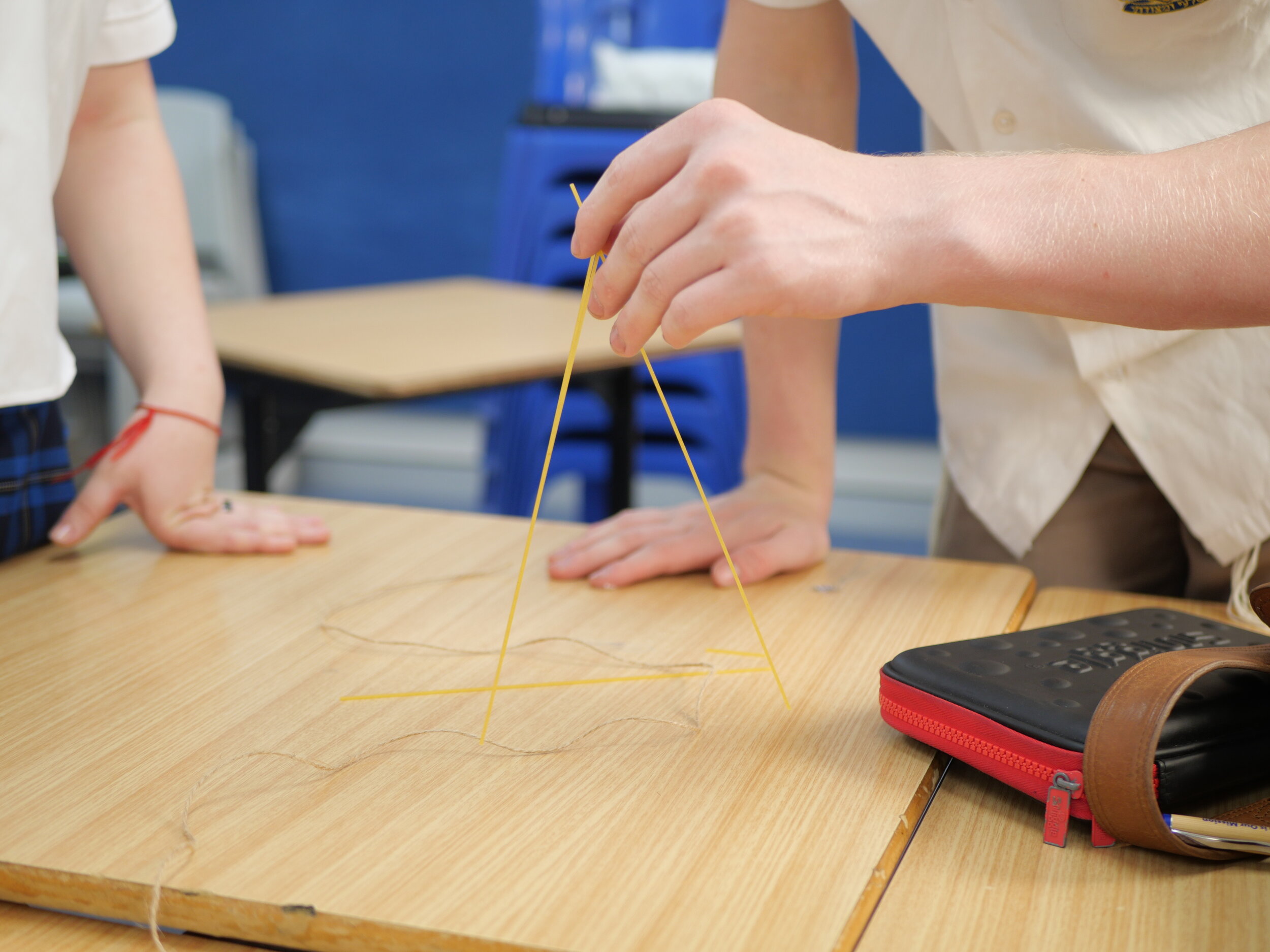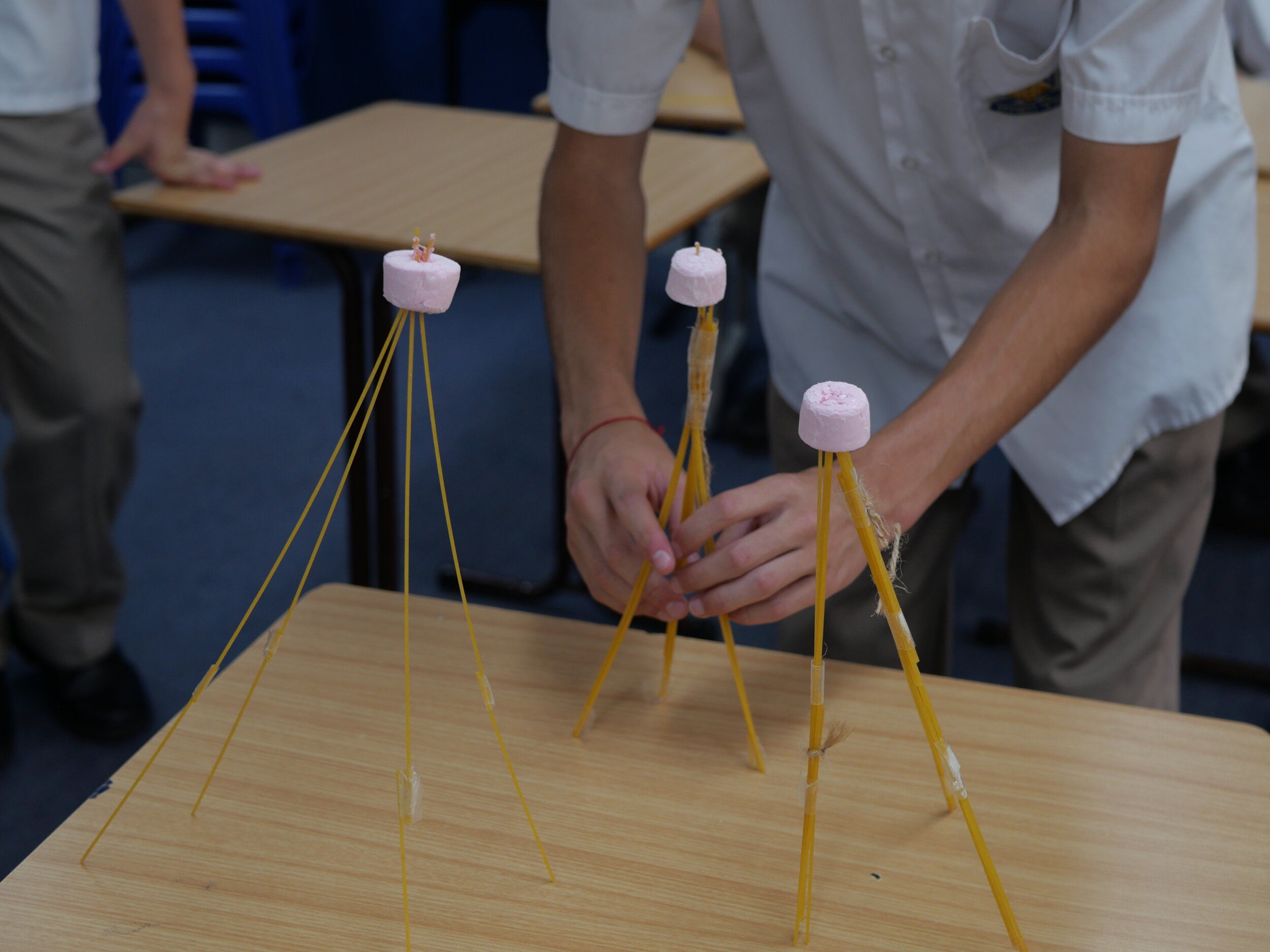What is economics?
Economics is difficult to do. It can be even more difficult to define.
What is economics?
Let’s start by asking a different question: what is an economy?
An economy is a way of organising society.
This sounds complicated. Your teacher may have used these exact words. But we’ll simplify it.
Coming at things from a different angle
Think about this question: how does society produce an apple?
You might want an apple today, tomorrow or some point in the future. But how do we make sure that you can actually get this apple when you want it?
Society doesn’t automatically produce apples, pears, oranges, iPhones or anything. We have to make choices.
More specifically, we have to make deliberate decisions to ensure:
Certain goods and services are actually provided (like apples!)
That enough goods and services are provided for society (like enough apples, so you can have one today, tomorrow and in the future).
These decisions don’t happen automatically. We have to make choices on what to produce, how much to make and where to make it.
So what is economics?
Economics is all about how we organise society to produce the goods and services that society requires. You can think about economics as the study of choices.
For example, what are all the things that need to happen in society so that you can walk into a shop and purchase a pair of sneakers?
[Just a brief reminder: sneakers don’t automatically exist in society. They have to be deliberately produced.]
For the sneakers:
The sneaker company needs to organise its designers to come up with a new shoe model. The company needs to decide which designs will actually be produced.
The sneaker company then needs to find all the raw materials that will go into making the shoe. It needs to choose the materials and purchase them in sufficient quantities to produce the right number of shoes.
The sneaker company then needs to decide how it will ship the sneakers to stores and consumers.
And so on.
Economics is about how society — which includes individuals, firms and governments — organises itself to produce goods and services. Economics involves the choices that individuals, firms and governments need to make to produce these goods and services.
But why do we have to make choices?
Society cannot have all the goods and services that it wants. This is because of the concept of scarcity.
The things that are used to produce goods and services, known as resources, are limited. For example, you don’t have all the time in the world — you’ve got 24 hours a day. The Australian Government doesn’t have infinite money — it only has access to limited funds at any time.
This means choices must be made. The sneaker company can’t produce all of its designs, nor can it make an unlimited number of sneakers. It has to make choices.
Thus, economics is the study of choices.
This all relates to the economic problem. I’ve written about the economic problem as well.

